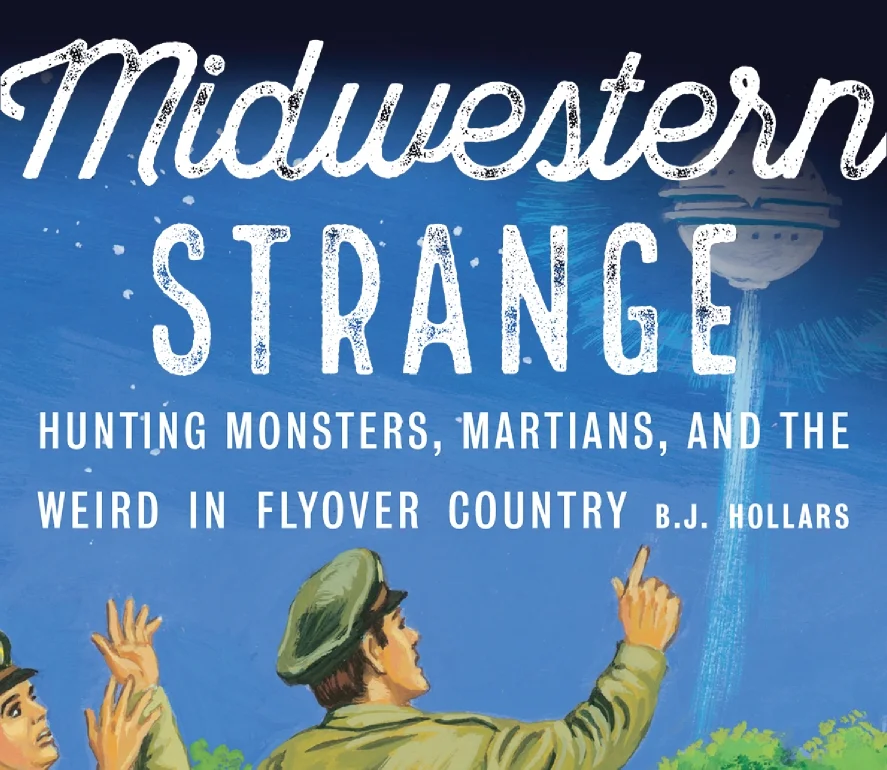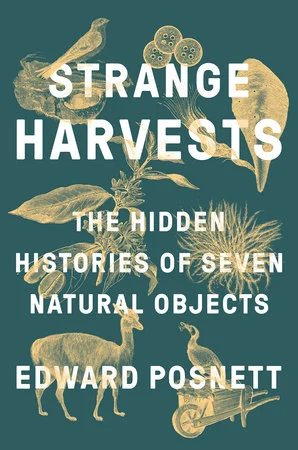In 'Midwestern Strange,' A Tour Of The Utterly Bizarre And All-Too-Human
On Feb. 21, 1995, the Weekly World News, a supermarket tabloid, published a story about my hometown of Broken Bow, Neb., population 3,800. Or, rather, about a hermit who supposedly lived in a remote cabin several miles north.
"Man famous for horn on his head is dead at 67," the headline claimed. His name was Horace Easterwood, and none of us — not my friends, not my family, not the manager of the local radio station, who quickly inquired on air — had ever heard of him. But apparently he was "a real gentleman" and now he was dead, and what was merely a bump on his head at birth had since grown into a 40-in. horn "made up of a protein called keratin — just like the horns of goats and cows." The News quoted an unnamed "longtime friend," who claimed Easterwood "used to walk around in that old straw hat with a hole cut in the top so his horn could stick through."
Weird as the story seemed, it was about to grow weirder: Locals started calling into the station. They didn't know him, they said, but they had a friend who did, or a cousin, a former acquaintance of one kind or another. Gradually Broken Bow changed its mind. Some of us did remember old Horace Easterwood after all. Soon the Horace J. Easterwood Society was born, and the mayor declared a day in the horned hermit's honor, and residents countywide attended a ceremony at the country club for the placement of a Horace Easterwood memorial stone that read: Here lies Horace with a horn on his head. We never even knew him and now he is dead.
In the end, what's more bizarre — the original tabloid tale, or the community's whimsical reaction? That a country gentleman might grow a 40-in. horn, or that a small town in central Nebraska would pay to engrave a stone in his honor? "Because as strange as unexplained phenomena can seem," writes author B.J. Hollars in his latest book, Midwestern Strange: Hunting Monsters, Martians, and the Weird in Flyover Country, "none are half as strange as humankind's interest in them."





